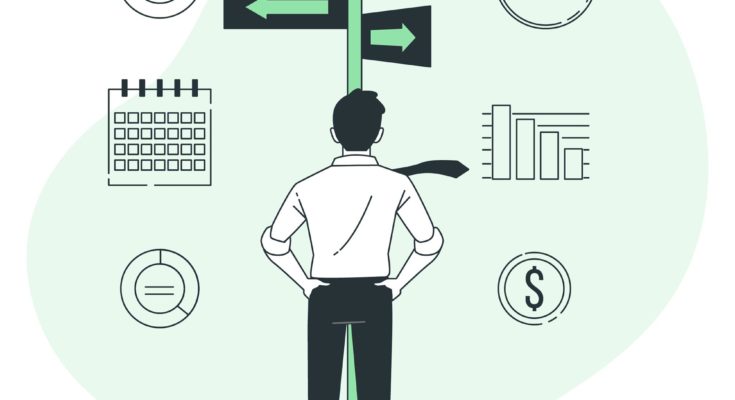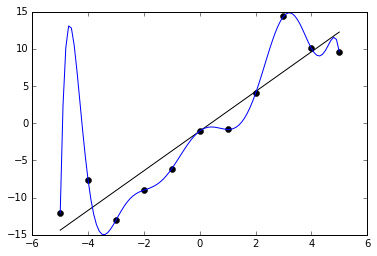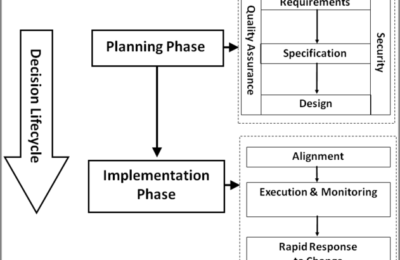Practical life is all about Decisions. Often, we are at crossroads, and we need to decide about the next course of action. This is truer in the business world, where decisions are taken at regular intervals. Right from the menu in the office cafeteria to the next market, everything is a decision. Certainly, it is important that you make the right decisions, but it is equally important to be aware of how you arrived at those decisions. This article is a very succinct explanation of our point. Outcomes depend on a variety of external factors, which are out of your control. All that you can control is your decisions or actions.
Having said that, as Businesses evolve, the complexity of Decisions increases. This calls for a systematic approach viz. Decision Sciences. When blended with technology, it takes a new name called Decision Intelligence. However, let’s take some time and go through the evolution of Business Decision Making.
Human Driven Decision Making
Humans are sentient beings who absorb a lot of information. Hence, every human being is capable of decision-making. However, primal human beings lived in a fight-or-flight mode. This encouraged instinctive and emotional decisions. But, with growing intelligence, humans started giving precedence to informed decision-making, as they started valuing intuition sharpened by experience. Business Decisions were made by a group of executives, based on their experiences.

However, human judgement/intuition carries various forms/levels of biases. Even the most experienced person cannot be completely objective, since every person, since human perception is limited. Nonetheless, humans are curious and innovative. We figured out ways to overcome the limitations of our senses by collecting information/data. This brings us to Data-Centric Decision Making.
Data-Driven Decision Making
To overcome the limitations of human perceptions, we developed tools to gather data, store it, and process it. Moreover, mathematical tools like the discipline of statistics enabled data analysis to arrive at inferences. This gave rise to Informations Systems and Decision Support Systems. Data warehousing and reporting became mainstream, thus churning out reports and insights for decision-makers to consume.

This is Data-Driven Decision Making, primarily comprising summary statistics or macro trends as charts/visuals, etc. Moreover, these reports have been descriptive i.e. what happened in the past. But human limitations still come into play since these dashboard/reports do not capture micro trends. Neither do they have the ability to predict the potential/future outcomes based on past data. These systems were suitable for traditional descriptive analytics, also called Business Intelligence.
AI-Driven Decision Making
Let’s expand a bit on the human inability to capture micro-trends (especially at scale). Let’s say you are an e-commerce company, which wants to run targeted marketing. With traditional summarized reports, you may get some insights into customer behaviour. However, as a decision-maker, you cannot offer personalized, customized recommendations. Here, AI algorithms like Recommender systems play a huge role. They offer customized, targeted recommendations, thus enhancing the user experience. Here, AI becomes the decision-maker. This is like the Single Deployment Strategy, where the decisions made by the models are exposed directly to users.

AI-Driven Decisions may work in non-critical, internet-scale applications. However, in critical domains like healthcare, businesses cannot delegate Decisions to AI. For instance, an ML model predicting the likelihood of a tumour being cancerous needs to be reviewed by experts. In such cases, human intervention/supervision is necessary, while the AI model is deployed in a shadow mode. This is AI-assisted Decision Making.

Conclusion
Be it individuals or organizations, Decision Science is an evolutionary process. We evolve by making both right and wrong decisions. However, the rate of evolution depends upon the tools we will use. Every organisation has all these modes of decision-making. But, in the long run, organizations using the best tools like AI gain rich dividends.
Lastly, this article is for information. We do not claim guarantees regarding its accuracy or completeness.




